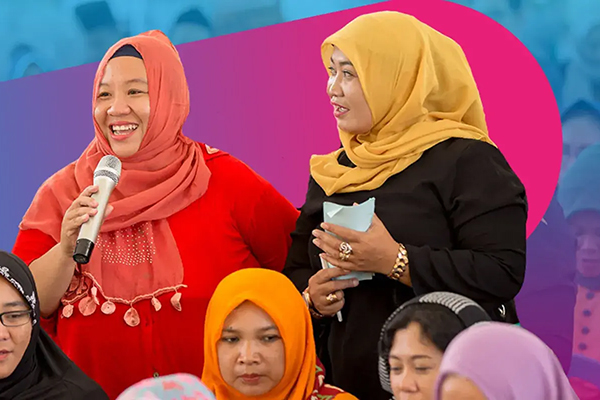 International Women’s Day celebrations take place on Saturday, 8 March.
International Women’s Day celebrations take place on Saturday, 8 March.
The United Nations theme for 2025 is: For ALL women and girls: Rights. Equality. Empowerment.
This year also marks the 30th anniversary of the Beijing Declaration and Platform for Action (BPfA), a policy framework that outlines how to achieve gender equality and women's rights that was adopted in1995.
The United Nations is calling on people around the world to use International Women’s Day as a chance to rise and demand action to make the world equal and better for everyone.
As individuals, we have a responsibility to step up for gender equality in our own lives – where we work, in our communities, and in our own families and relationships. Make a conscious decision about it next time you vote, or hire someone, or decide who does household tasks, or champion the immense possibilities of the young women in your life.
Here are some of the actions the United Nations recommends individuals take:
- Demand leaders enforce gender equality laws.
- Support women’s rights organisations.
- Educate the next generation on gender equality.
- Amplify the voices of those most left behind.
- Speak out against gender stereotypes, bias, and discrimination.
- Advocate for women in leadership.
It is also a time to celebrate the progress that has been made:
- For 89 per cent of governments, ending violence against women is a top priority today, and 193 countries have legal measures against it.
- Data shows that countries with domestic violence laws have seen less cases of violence against women.
- Most of the world has reached parity in education. By bridging the gender gap in accessing and shaping science and technology, we clear the remaining bottlenecks to equal opportunities and create technology that serves more people and the planet.
- More States have strengthened care services and 32 per cent of countries globally now promote better pay and safe working conditions for care workers.
- There are 112 countries with a national plan to engage women in peace and security processes – a significant increase from 19 countries in 2010.
For more suggestions on how to get involved, head to the United Nations website.


